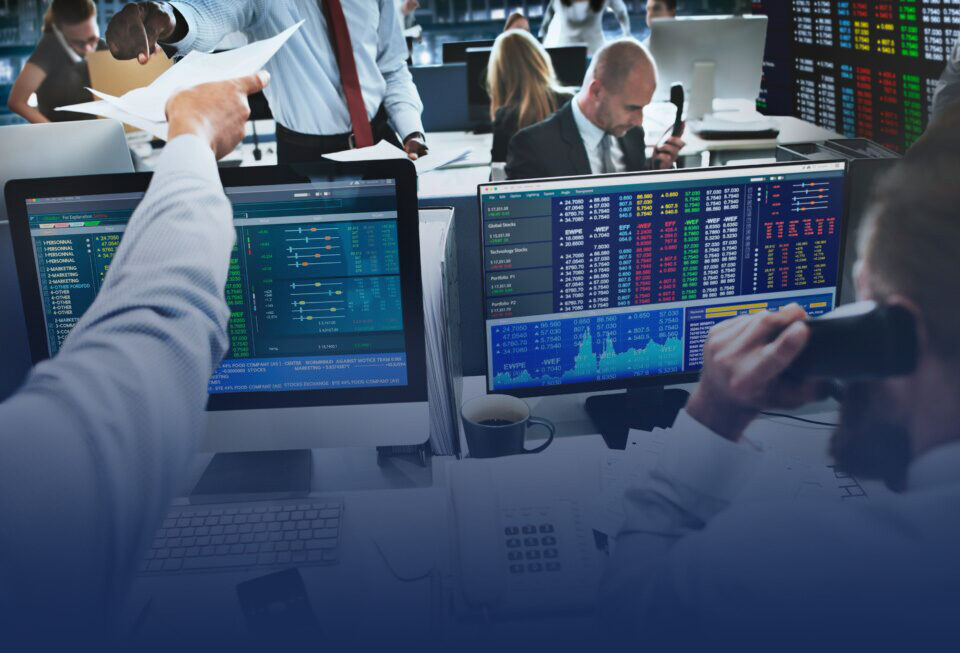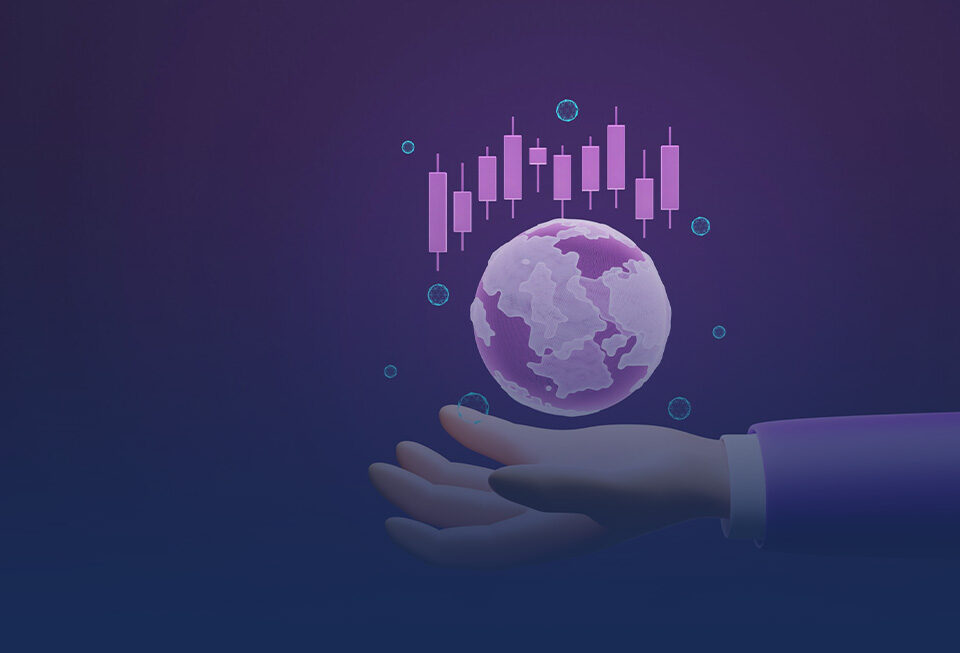
Secure Your Financial Future with Our Wealth Management Services
January 26, 2024
Grow Your Wealth with Proven Investment Strategies and Management Expertise
May 7, 2024In the vast and intricate landscape of financial markets, it stands as a cornerstone, driving much of the activity that shapes global economies. Institutions wield significant influence over market movements and asset prices, from hedge funds to pension funds, mutual funds to investment banks. This article delves into the world of institutional trading, exploring its mechanisms, impact, and the crucial role it plays in modern finance.
Understanding Institutional Trading
At its core, this refers to the buying and selling of financial securities on behalf of large institutional investors. These investors typically manage substantial pools of capital from various channels, including pension funds, insurance companies, endowments, and sovereign wealth funds. Institutional traders execute trades across diverse asset classes, including equities, fixed-income securities, derivatives, and commodities, to generate returns for their clients or shareholders.
Skilled professionals with deep expertise in financial markets, quantitative analysis, and risk management carry out institutional trading operations. These traders leverage sophisticated trading strategies, advanced technologies, and proprietary algorithms to identify opportunities and execute trades swiftly and efficiently. Additionally, institutional trading desks often maintain close relationships with research analysts, economists, and other market participants to stay abreast of market trends, news events, and regulatory developments that may impact trading decisions.
The Impact of Institutional Trading
The sheer scale of institutional trading activity profoundly influences financial markets, shaping asset prices, market liquidity, and overall market dynamics. Institutional trades can have short-term and long-term implications for market participants, ranging from individual investors to corporations and governments.
Price Discovery and Efficiency
One of the primary functions of institutional trading is price discovery, whereby institutional investors’ continuous buying and selling of securities contribute to establishing fair market prices. Through their extensive research capabilities and market insights, institutional traders play a crucial role in assessing the fundamental value of securities and identifying mispriced assets. This process enhances market efficiency by ensuring prices reflect all available information and reducing arbitrage opportunities.
Market Liquidity
Institutional trading enhances market liquidity by providing counterparties for buyers and sellers looking to execute trades. The presence of institutional investors in financial markets facilitates smoother and more orderly trading, as these entities can absorb large buy or sell orders without causing significant price fluctuations. Moreover, institutional trading activity contributes to narrower bid-ask spreads and lower transaction costs, benefiting all market participants.
Price Impact and Volatility
However, the substantial size of institutional trades can also impact asset prices and market volatility, particularly in less liquid markets or during periods of heightened uncertainty. Large buy or sell orders executed by institutional investors may lead to temporary price distortions or exacerbate market movements as other market participants adjust their positions in response to these trades. Consequently, institutional traders must carefully manage their order execution strategies to minimize market impact and avoid adverse price movements.
Systemic Risk
Another consideration is the potential for systemic risk, wherein the actions of large institutional investors can have broader implications for the stability of financial markets. The interconnected nature of global financial markets means that disruptions or distress in one sector or asset class can quickly spread across markets, amplifying volatility and jeopardizing financial stability. Therefore, regulators closely monitor institutional trading activities and implement safeguards to mitigate systemic risks, such as position limits, margin requirements, and circuit breakers.
Innovation and Adaptation
In response to evolving market dynamics and technological advancements, institutional traders continuously innovate and adapt their strategies and infrastructure to maintain a competitive edge. The proliferation of electronic trading platforms, algorithmic trading algorithms, and high-frequency trading has transformed the landscape of institutional trading, enabling faster execution speeds, enhanced liquidity provision, and more sophisticated trading strategies. Additionally, the emergence of alternative trading venues, such as dark pools and crossing networks, has provided institutional investors with additional avenues for executing large orders with minimal market impact.
Ethical and Regulatory Considerations
While it can yield substantial profits for investors and contribute to market efficiency, it also raises ethical and regulatory considerations that warrant careful attention. Instances of insider trading, market manipulation, and conflicts of interest pose reputational and legal risks for institutional investors, potentially resulting in regulatory scrutiny, fines, or legal action. As such, these traders must adhere to strict ethical standards and comply with applicable laws and regulations governing securities trading and market conduct.
Institutional trading drives financial success in global markets, fueling price discovery, enhancing liquidity, and fostering innovation. Institutional investors play a pivotal role in shaping the trajectory of financial markets and driving economic growth through their expertise, resources, and market influence. However, with great power comes great responsibility, and institutional traders must navigate complex ethical and regulatory landscapes to uphold market integrity and investor confidence. As financial markets continue to evolve, the role of institutional trading will remain indispensable in driving efficiency, liquidity, and stability across global economies.




